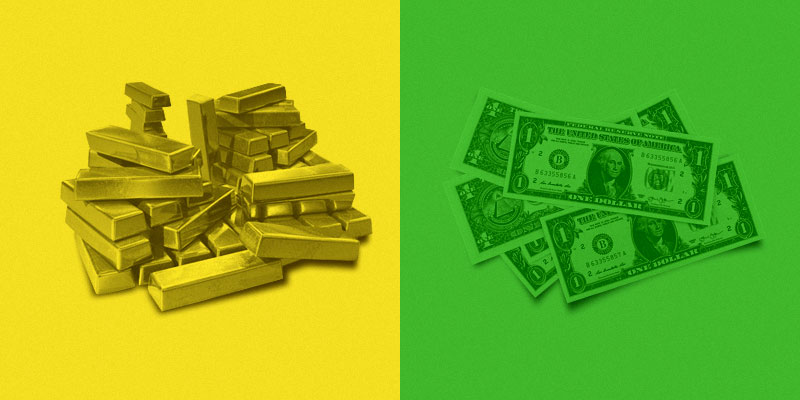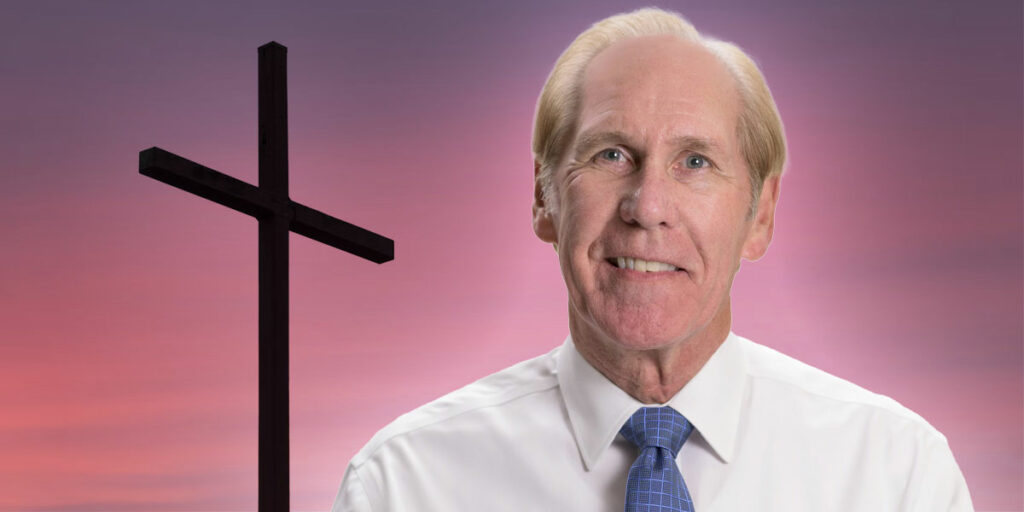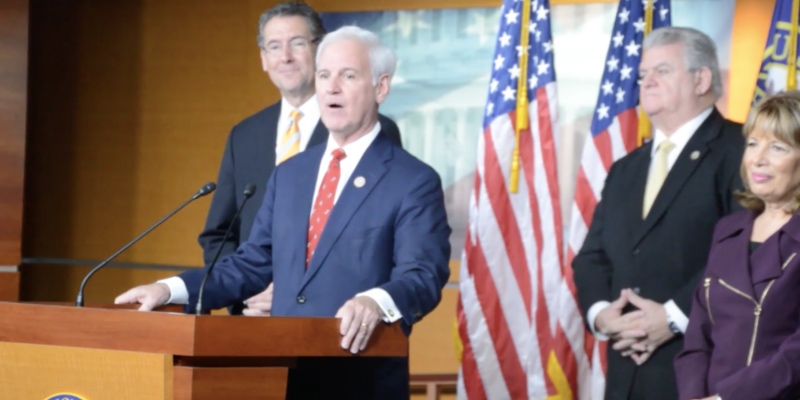President Trump is reportedly considering former Godfather’s Pizza CEO and one-time presidential candidate Herman Cain for the Federal Reserve Board of Governors. Mr. Cain’s potential selection caused a stir for at least three reasons: accusations of sexual harassment which surfaced during his presidential run, a lack of training as an economist, and his advocating a return to a gold standard in a Wall Street Journal op-ed. Gold standard proponents perplex monetary economists because, I think, they raise primarily moral rather than economic arguments.
Today most nations have government currencies managed by a central bank, like our Federal Reserve. Government monies are paper currencies, in contrast with the commodity or metallic monies of history. The dollar is money because the Federal government declares it to be. As each dollar states, “This note is legal tender for all debts, public and private.”
Governments, though, did not invent money. Indeed, no one invented money; it emerged through the economic actions of people, particularly specialization in production and trade. A cobbler must trade the shoes she makes for food, clothing and other things. Without money, the cobbler must use barter, and find a farmer, blacksmith and clothier willing to take shoes for payment.
Trading is easier to carry out when everyone accepts the same item in exchange for shoes, clothes, food, and everything else. This is money’s role. A commodity becomes money when people who do not want it for their personal use accept it in trade. No one person hit upon this idea and ordered everyone to use gold or silver as money. People saw how money made life easier. Money is an institution created by human action but not the product of human design.
Money must maintain value to be useful in trading. If the money the cobbler accepts for her shoes disappeared or became worthless before she could buy food and clothes, she would get shortchanged.
Counterfeiting threatens money. Today counterfeiters try passing off fake dollars for real dollars. Counterfeit currency allows people to acquire valuable goods and services without giving up anything of value. A law-abiding person’s money, if not a gift, represents something of value not yet traded away, unspent earnings, or a person’s time and effort. Counterfeiters effectively steal from people who acquire money honestly.
Taking over supplying money allowed kings, and today governments, to create money not backed by production. No one could create commodity or metallic money out of nothing; alchemists tried in vain to turn lead into gold. Discoveries of gold or silver create riches, but still provide economic value – more gold to use as money.
Under the gold standard, dollars were convertible into gold at a fixed rate. When the dollar was convertible at $35 per ounce, the supply of dollars was limited to $70,000 for every ton of gold reserve. The U.S. eliminated the domestic convertibility of dollars in 1933 and abandoned the last vestiges of a gold standard in 1971.
Deliberate expansion of the money supply typically produces inflation and taxes everyone holding dollars. Modern monetary economists argue that the “tax” from inflation, or seigniorage, is typically very small, while control over the money supply can help stabilize the economy. Today the effective money supply exceeds the amount of currency in circulation, creating the potential for banking crises to destabilize the economy.
Economists recognize the potential for governments to create too much money. Inflation, for example was a significant problem in the 1970s. Central bank independence, however, can curb politicians’ control over the money supply: enlightened monetary economists running the Federal Reserve will manipulate the money supply to our nation’s benefit.
Monetary economists presume that whether governments should provide money was settled long ago and focus instead on managing our economy. Gold standard proponents want to relitigate this question, in large part to end the government’s ability to take wealth from citizens through inflation.
Daniel Sutter is the Charles G. Koch Professor of Economics with the Manuel H. Johnson Center for Political Economy at Troy University.













